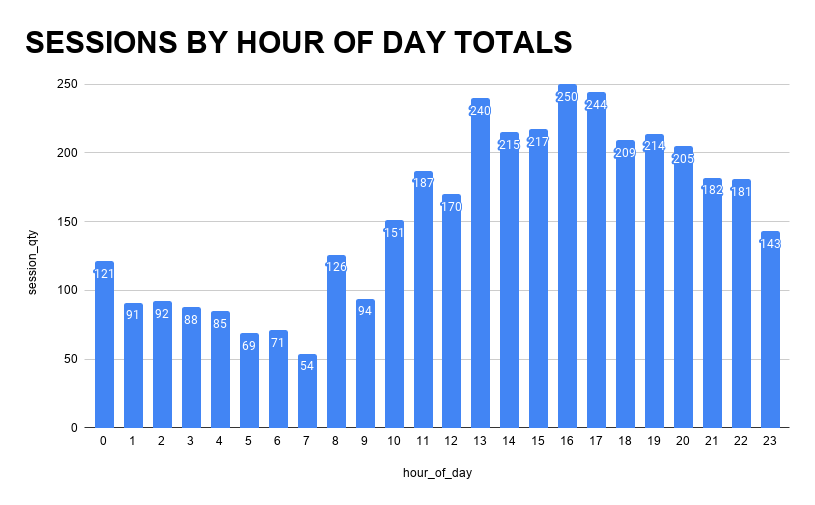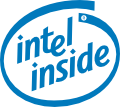Harm Reduction Case Study: ENSEMBLE, Moncton, New Brunswick, Canada
Background:
The Canadian drug and substance strategy is to reduce the negative impact of substance use on individuals, their friends, families, and the communities they live in. This harm-reduction strategy acknowledges that individuals might not be ready or able to access treatment easily and therefore providing services designed to mitigate some of the harmful aspects of substance abuse are vital. Harm reduction’s intent is to prevent death or associated infections and health issues – until treatment is a viable option.
Deaths by overdose have accelerated during the COVID-19 pandemic. The Public Health Agency of Canada reports that Opioid deaths have accelerated by 58% when comparing April – June statistics over January – March of 2020. What is more staggering is the majority of these deaths are accidental (96%) and are from contamination. The border closure between Canada and the US has disrupted the supply chain for Opioids resulting in a shortage of products forcing drug dealers to contaminate the supply to increase volume.
Harm Reduction Services:
ENSEMBLE in Moncton New Brunswick, Canada defines their mission as “Alleviating complex social challenges”. Moncton’s population is 72,000 people and like many social service providers, ENSEMBLE’s team is small and its resources tight. ENSEMBLE’s own research from 2018 of people who use drugs reveals:
- 63% are male
- 27% female
- average age of 40
- 19% identify as Indigenous
The survey also reports a high frequency of dangerous drug practices including reusing needles, using a rig that wasn’t theirs or, using a needle used by someone else. Most sobering is the fact that 14% of survey respondents reported they had overdosed in the previous 6 months to the 2018 study.
Harm Reduction: The Ethics and the Economics
Society’s understanding and approach to mental health and substance use is evolving to a less judgemental and more supportive framework. The year 2020 will go down in the history books for many watershed moments and our collective response to racism will be one of this decade’s ongoing themes. Society is coming to understand that drug use is one possible response to many types of emotional trauma including racism, sexual abuse, poverty, and illness. There is no “typical drug user” as each person’s journey differs and the road back to health is best paved with compassion, not condemnation.
Debby Warren, Executive Director of ENSEMBLE has been on the front line of the Opioid crisis for many years. She confirms that the people who use ENSEMBLE’s services come from all walks of life with some being older and having worked in various professional capacities. “I see people in their sixties and seventies. Some worked at fairly high-profile jobs previously”, says Warren.
Debby Warren also makes a strong case for the financial implications of the Opioid crisis. “The cost to treat a heart valve infection is $55,000 and the cost to treat a skin infection can be $35,000. The cost for a package of needles is $14 for 100”, says Warren.
Harm Reduction, Public Health, and SMRT1 HEALTH POD smart vending
ENSEMBLE’s service model was based on face-to-face interactions at their office location distributing new needles, naloxone kits, and other supplies and advice for residents needing support in managing their drug use.
The ENSEMBLE team recognized there were many people who wished to access their services but were unable to because of scheduling conflicts, or a desire to not come into the office and interact directly with a team member, and with the addition of the COVID-19 pandemic, they needed a way to better serve their clients and fast. The onset of the COVID-19 pandemic resulted in a lock-down, restricting access to public health services for Moncton’s most vulnerable residents. With limited resources, finding safe, effective, and cost-effective ways to grow ENSEMBLE’s outreach became Debby Warren’s focus.

SMRT1 Health POD with Interactive Dispensing System (IDS) as demonstrated in Moncton, NB by Debby Warren of ENSEMBLE.
SMRT1 HEALTH POD: A Harm Reduction Solution:
Enter SMRT1 Technologies, a BC-based technology company specializing in cloud-connected smart vending. SMRT1’s intelligent vending platform has been successfully serving people 24/7 with ANKORS (AIDS Network Kootenay Outreach and Support Society) of Nelson and Cranbrook BC dispensing harm reduction products and information while collecting important usage data. ENSEMBLE and ANKORS Nelson have worked on various projects together, and when Debby Warren saw the SMRT1 HEALTH POD bearing an ANKORS logo at the National Conference for the Canadian Drug Use and Addictions Association in Ottawa in late 2019, she recognized ANKORS immediately. She also recognized the answer to her operational challenges instantly too. “When I saw the SMRT1 HEALTH POD at the Ottawa show I exclaimed “I need one of those!”, says Warren.
SMRT1 Develops the Smart Vending Technology for Public Health
SMRT1 Technologies worked with ENSEMBLE to understand their needs, objectives, and concerns around serving their community. The platform SMRT1 developed collects valuable data including the number of visits, products viewed or dispensed, and user satisfaction surveys. The IDS (Interactive Dispensing Services) for the SMRT1 HEALTH POD development for ENSEMBLE took about 3 – 4 months after project approval. Real-time inventory alerts and monitoring are included to allow ENSEMBLE to ensure that life-saving products such as Naloxone kits are replenished quickly upon depletion. Although the agency can decide what data to share, the proprietary software designed by SMRT1 Technologies, allows individual machines to feed into a larger network, so governing health care bodies can monitor usage trends across many geographical areas. Robust data dashboards are tailored to assist the clinician side with identifying and understanding epidemiological trends faster and more deeply providing swifter and more accurate responses. Recognizing the importance of protecting privacy, no personal data is collected, only high-level data is collected and analyzed on an aggregate basis.
SMRT1 HEALTH POD and ENSEMBLE Launch:
COVID-19 relief provided Debby Warren access to funding for non-profits which she chose to deploy towards a SMRT1 HEALTH POD installation outside the ENSEMBLE offices. The machine was installed in late November 2020, exactly one year after she first saw the SMRT1 HEALTH POD in Ottawa. The smart vending machine supplies: clean needles, Naloxone kits, feminine hygiene products, safe consumption products, sexual health products, hand sanitizer, and masks. The display screen provides information on community services, health information, COVID-19 updates and self-assessment as well as infection prevention.
The ENSEMBLE SMRT1 HEALTH POD is officially referred to by the organization as “Interactive Dispensing Services” (IDS). An advantage of SMRT1’s technology is its ability to infuse the unique branding needs of the organizations that use the smart vending technology. Debby Warren felt that there might be confusion using the term vending as that type of delivery channel is often associated with the chips and chocolate industry and not health care products and services. Warren is thrilled that the people who use the machine refer to it as “our machine”, indicating an embracing of the technology as part of their lives.
SMRT1 HEALTH POD ENSEMBLE Results:
The ENSEMBLE staff in Moncton introduced their clients to the machine and gave them a brief overview of how to use it. Adoption was immediate and enthusiastic. Visitation to ENSEMBLE’s offices from December 7, 2019 to January 25, 2020 totaled 600. In the same period December 2020 – January 2021, visits to ENSEMBLE’s offices and the smart vending machine totaled 1200 – doubling the prior year’s transactions. Data from the machine reveals that 65% of the activity occurs outside of ENSEMBLE’s office hours, confirming the 24/7 need for services. (See bar graph below). The machine currently averages 45 visits per day and the number one query is regarding COVID health information. This bodes well for gauging interest in self-preservation which will provide a good foundation for further treatment.
Conclusion and Next Steps:
The SMRT1 HEALTH POD has allowed Ensemble to expand its hours of operation safely and effectively without a corresponding strain on staff labor hours or financial resources. People in need are being cared for and protected. SMRT1 offers robust data analytics that will allow public health governance to make better decisions faster. The smart vending technology offers a powerful complement to in-person services and will allow team members to focus on value-added interactions (advising and counseling) with strictly transactional needs being met by the smart vending machine. The Ensemble machine has been such a success that a second machine has very recently been installed in Sackville, NB as an addition to ENSEMBLE’s outreach services.



